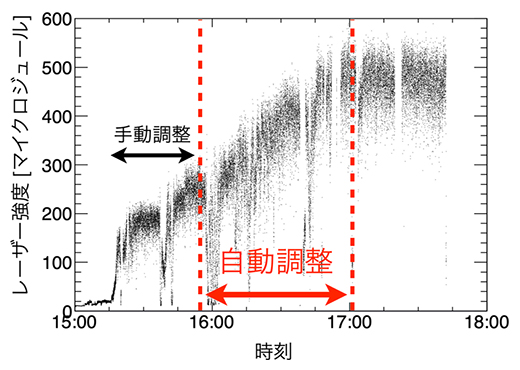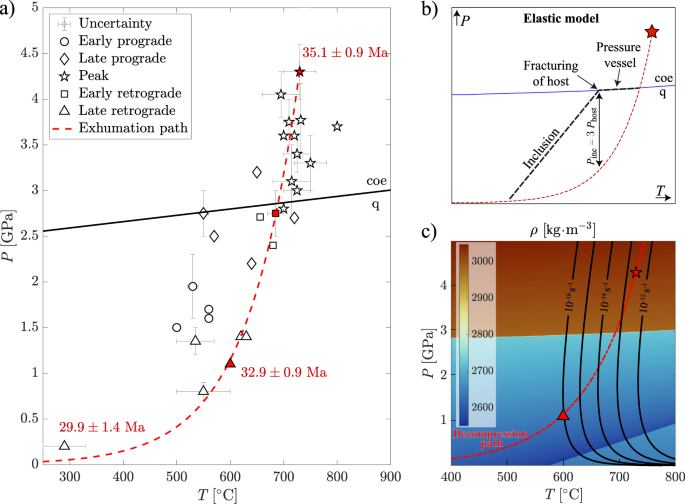2023-10-26 オランダ・デルフト工科大学(TUDelft)

Artist impression of the superconductor (below) that functions as a mirror for the spin waves in the magnet (above). Credits: Scixel & Michael Borst
◆この発見により、超伝導体電極を使用することで、スピン波を制御し、新しいエネルギー効率の高い回路を構築できる道が開かれました。また、ダイヤモンドセンサーを使用してスピン波を観察し、その特性について新たな洞察を得ることも可能になりました。
<関連情報>
- https://www.tudelft.nl/en/2023/tnw/controlling-waves-in-magnets-with-superconductors-for-the-first-time
- https://www.science.org/doi/10.1126/science.adj7576
ハイブリッドスピン波-マイスナー電流輸送モードの観測と制御 Observation and control of hybrid spin-wave–Meissner-current transport modes
M. Borst,P. H. Vree,A. Lowther,A. Teepe,S. Kurdi,I. Bertelli,B. G. Simon,Y. M. Blanter,and T. van der Sar
Science Published:26 Oct 2023
DOI:https://doi.org/10.1126/science.adj7576
Editor’s summary
The ability to control spin and charge transport on a chip has revolutionized information technology. For spintronics, the collective spin excitations of magnetic materials, known as spin-waves, have emerged as a promising platform that can offer new functionalities because of their wave nature. However, control of the spin-waves has remained a formidable challenge. Borst et al. show that the diamagnetism of a superconductor can be used to shape the magnetic environment that governs the transport of spin-waves in a magnetic thin film. Magnetic imaging showed how the diamagnetism leads to spin-waves with strongly altered, temperature-tunable wavelengths. Control of spin-wave transport using the diamagnetic response of a superconducting gate will be important for developing device applications. —Ian S. Osborne
Abstract
Superconductors are materials with zero electrical resistivity and the ability to expel magnetic fields, which is known as the Meissner effect. Their dissipationless diamagnetic response is central to magnetic levitation and circuits such as quantum interference devices. In this work, we used superconducting diamagnetism to shape the magnetic environment governing the transport of spin waves—collective spin excitations in magnets that are promising on-chip signal carriers—in a thin-film magnet. Using diamond-based magnetic imaging, we observed hybridized spin-wave–Meissner-current transport modes with strongly altered, temperature-tunable wavelengths and then demonstrated local control of spin-wave refraction using a focused laser. Our results demonstrate the versatility of superconductor-manipulated spin-wave transport and have potential applications in spin-wave gratings, filters, crystals, and cavities.



